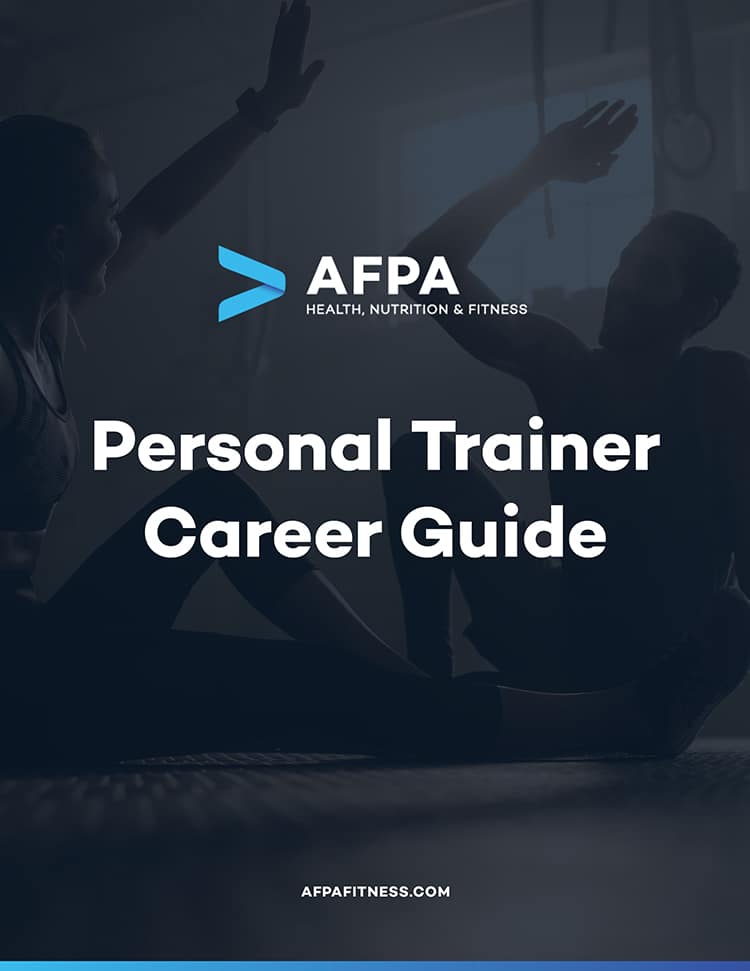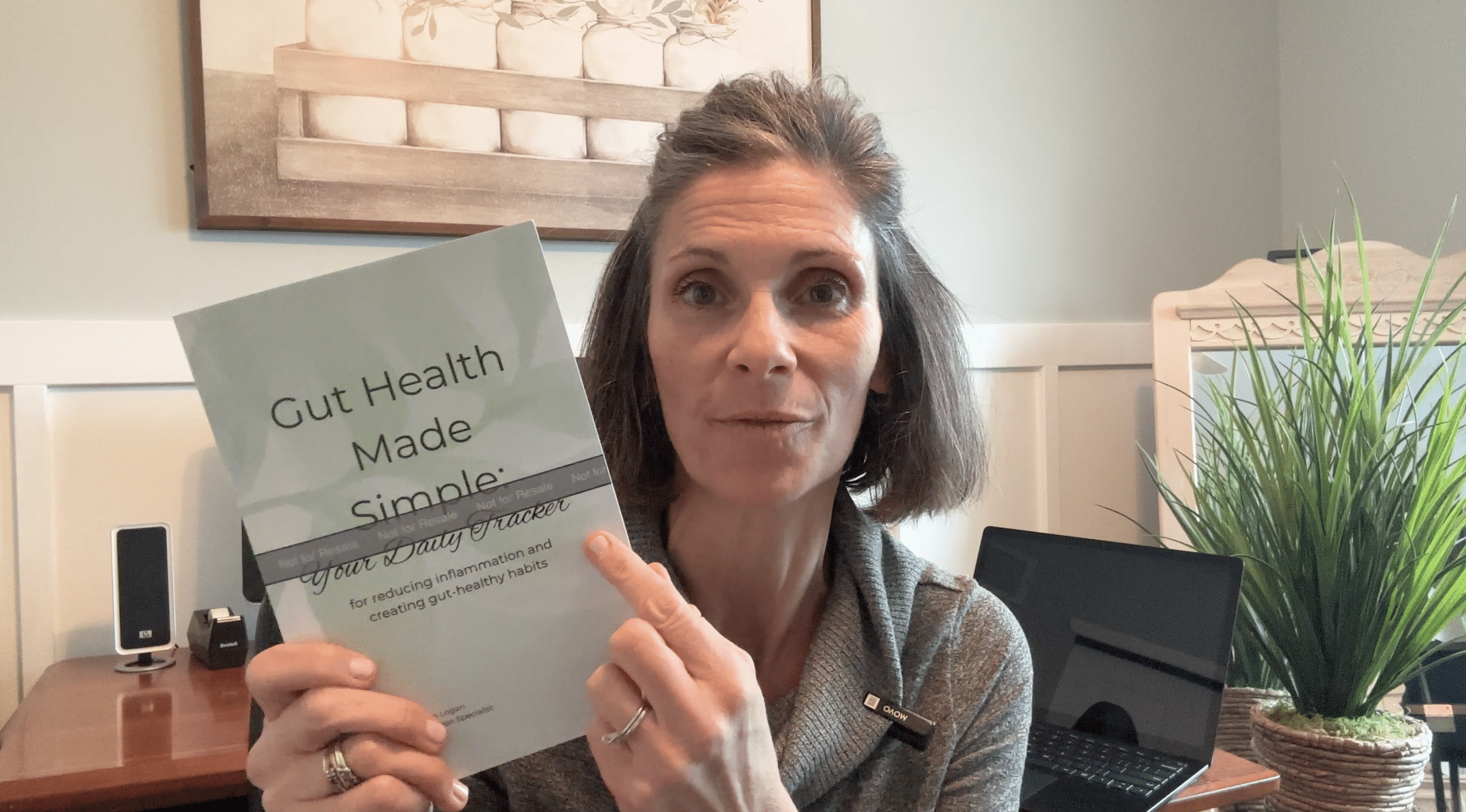From the outside, personal training and nutrition coaching often look like “The Most Rewarding Career”—both in terms of impact and financial returns.
You help clients achieve their fitness and health goals in a field you’re passionate about, enjoy flexible working hours, and have lots of options for where you can work.
But as with any other profession, you can’t expect day-to-day life as a coach to always be sunshine and butterflies. So if you do decide to become a full-time personal trainer or nutrition coach, you should also be prepared for the challenges that come with it.
And what are those, you ask? Well, that’s what this article is for.
Here, we walk you through the nitty-gritty details of what it’s like to be a health coach day in and day out, so you won’t find yourself facing any “nasty surprises” down the road.
Learn How to Become a Certified Personal Trainer Online in Less Than 6 Months

Expect Income Fluctuations
One of the biggest challenges of being a personal trainer or nutrition coach is income fluctuations—especially when you’re a new coach who hasn’t managed to build up a stable base of clientele yet.
You can have a packed schedule one week, then no one to work with the next, which often means you’re not getting paid.
Worse still, as you’ll soon find out, cancellations happen all the time. While some clients may choose to reschedule, others may not—which cuts down on the number of chargeable sessions you have monthly—in turn, reducing your income.
You need to be mentally prepared for this financial reality.
Ideally, you should have at least three to six months’ worth of living expenses stowed away in an “emergency fund” before transitioning into becoming a full-time personal trainer or nutrition coach.
But what if you don’t? You can consider diversifying your income or work another job (i.e., do coaching part-time) as you build up your clientele.
Don’t feel bad about taking this route.
This can be an excellent opportunity for you to get actual experience in coaching—which not only helps you determine if this career is truly right for you but also helps you get a better idea of your potential income, clients’ schedules and consistency, and other essential knowledge relating to the day-to-day life of a fitness professional.
Varied Working Hours
While “flexibility” is often touted as a pro of being a full-time fitness or nutrition coach, the truth is that you’d still find yourself working during very specific times.
That is, either before or after traditional work hours (i.e., 6 am to 9 am and 6 pm to 10 pm) and on weekends.
This reduces the number of opportunities for face-to-face interaction and meaningful time together with your loved ones—especially since they’re likely to work “opposite schedules” to yours.
It’s understandable if you’re already having second thoughts about becoming a full-time personal trainer or nutrition coach at this point.
But guess what? Spending time with your friends and family doesn’t always have to involve clearing a chunk of free time in your schedule. Here are a few tips that’ll keep you socially connected even as you take on the responsibilities of being a full-time coach:
- Video call when you’re on breaks: Have a 30-minute break before the next client shows up? Take the opportunity to check in on your loved ones to find out how they’re doing. It’s a thoughtful gesture that goes a long way.
- Plan ahead: Chances are, you have a few “cannot miss” dates on your calendar (e.g., your mom’s birthday). If you happen to have a coaching session fall on the date, make sure you reschedule with the client at least one month in advance. Let them know that it’s a special date for you—and, in most cases, they’d understand.
- Be physically present: No one wants to feel ignored. When you do get the opportunity to spend time with your loved ones, do put in the effort to stay present in the moment (instead of thinking about the next workout program you need to plan, for example).
Look Forward to Lifelong Learning
Newsflash: Earning your personal training or nutrition coaching certification isn’t a “once-and-done” deal.
You might not be aware of this, but every accrediting organization (like AFPA) requires all fitness professionals to demonstrate continued competence through fulfilling a minimum number of hours of continuing education—at least every few years.
Let’s say you’re an AFPA-certified coach, for instance.
That’ll mean you need to complete sixteen hours of approved continued education every two years to keep your certification active.
These requirements vary according to your coaching certification entity.
So, if you plan to get certified by an organization other than AFPA, make sure you familiarize yourself with their continuing education requirements—otherwise, you risk losing your coaching certification (i.e., your job).
While the number one reason for fulfilling your continuing education requirements is to keep your certification active, it’s also beneficial to your career in many other ways:
- Keeps you up-to-date with the latest research and perspective: Fitness professionals used to believe that the knees should never go over the toes when squatting. Yet, recent research consistently shows that as long as excessive loading is limited and good technique is used, the knees can and must move past the toes in the bottom of a squat to allow the hips to drop fully. Imagine if fitness coaches never refreshed their knowledge. They’d continue basing their recommendations on outdated information! What a shame.
- Expands your client base: Look at the continuing education courses available (e.g., through AFPA), and you’ll see that many of them expand upon the knowledge you’ve acquired in your initial coaching certification. Let’s say you’re a nutrition coach—and you enroll in AFPA’s “Nutritional Strategies for Endometriosis.” In doing so, you’ll have effectively expanded your client base and can now better cater your services to those with endometriosis.
Coaching Is About People
As a full-time fitness or nutrition coach, you work with real people and their struggles—all within the messiness of their real lives. So you can’t expect to come up with the “perfect meal plan” or “perfect workout routine” that they’ll stick to right from the very first session.
Effective coaching requires a lot more than simply technical knowledge.
You also need to have a good grasp of behavior change psychology: understanding how you can tailor your services to your client’s unique priorities, health goals, and lifestyle factors, such that they’d take the actions needed for long-term success.
The good thing is that you can develop—and improve on—all these soft skills as you gain experience in coaching clients.
In the initial stages, though, you’ll see that practicing active listening (and making consistent eye contact) when you’re speaking to your clients goes a long way toward building a program they’d stick to. Here are a few important questions to ask your client:
- What are your goals and needs?
- What have you tried before? What did you like and dislike about it?
- How would you want me to support you through your journey?
Takeaway
Becoming a fitness or nutrition coach can be a very fulfilling career as you’re always trying to bring positive and meaningful changes to people’s lives. You get to be the person who guides, helps, and nurtures others on their fitness journeys.
How you approach this career comes down to what you value most.
Some of the downsides mentioned above might not necessarily spell trouble for you. On the contrary, they could be just what you’re looking for (e.g., flexible hours). This is what you must decide for yourself.
Of course, as with any career path, you should be prepared to put in plenty of hard work.
Always be looking out for ways to improve your knowledge, diversify your skill sets, and achieve more. After all, you should expect to reap what you sow.
References
- https://www.consumerreports.org/financial-planning/is-your-emergency-fund-big-enough-rainy-day-fund/
- https://www.ncbi.nlm.nih.gov/pmc/articles/PMC4725067/
- https://www.researchgate.net/publication/244992648_Analysis_of_the_Load_on_the_Knee_Joint_and_Vertebral_Column_with_Changes_in_Squatting_Depth_and_Weight_Load
- https://pubmed.ncbi.nlm.nih.gov/22019966/




